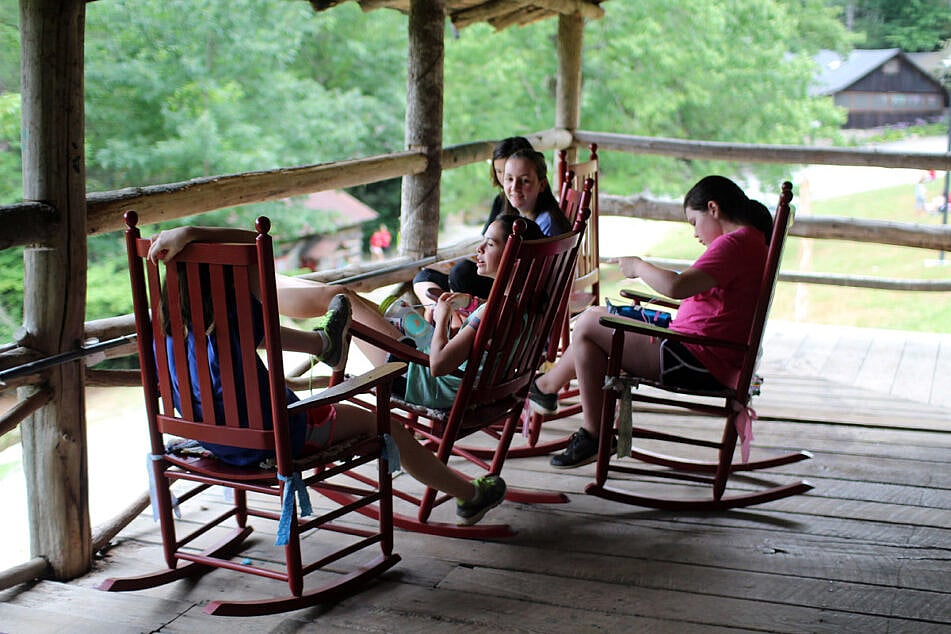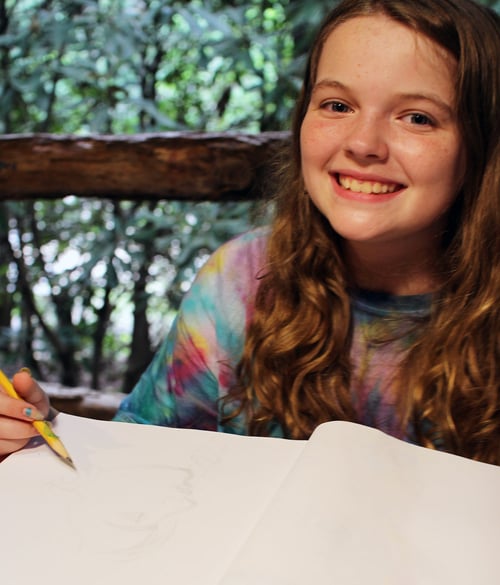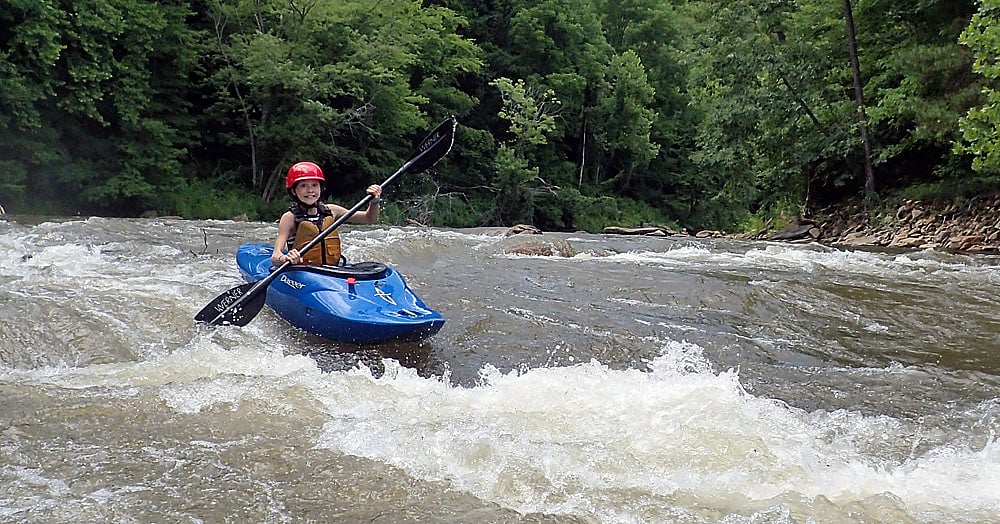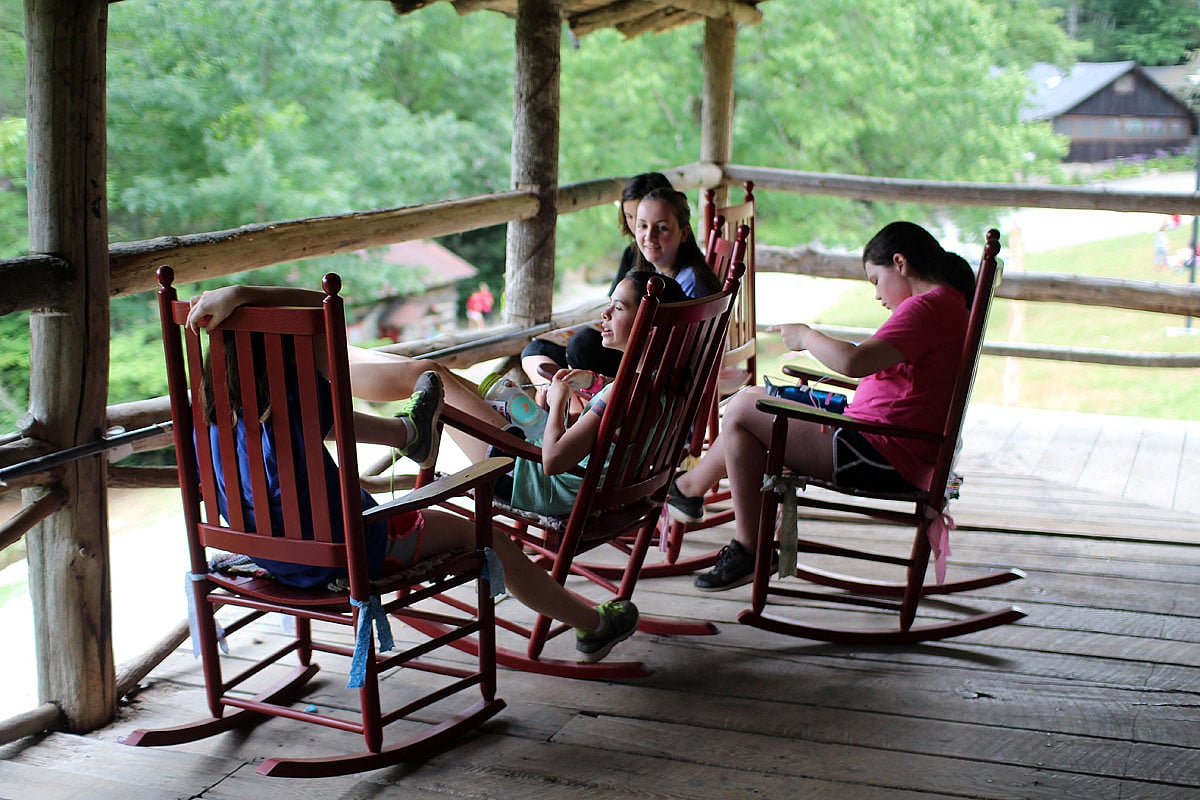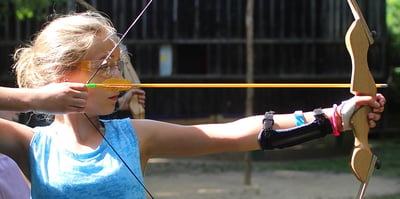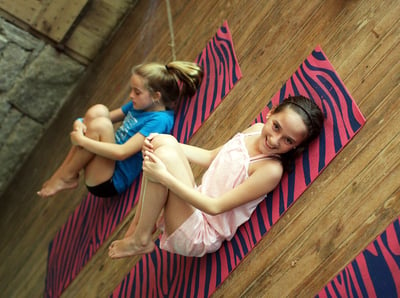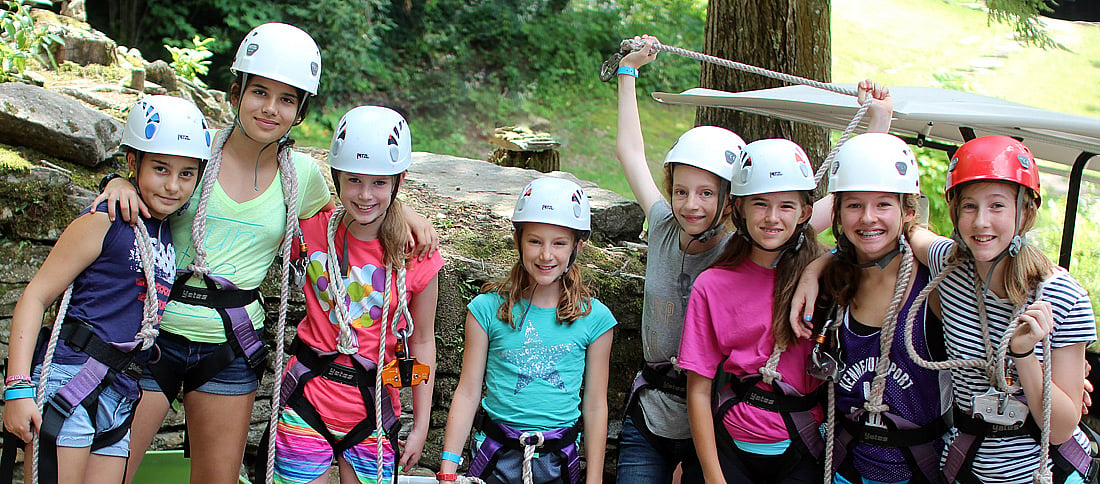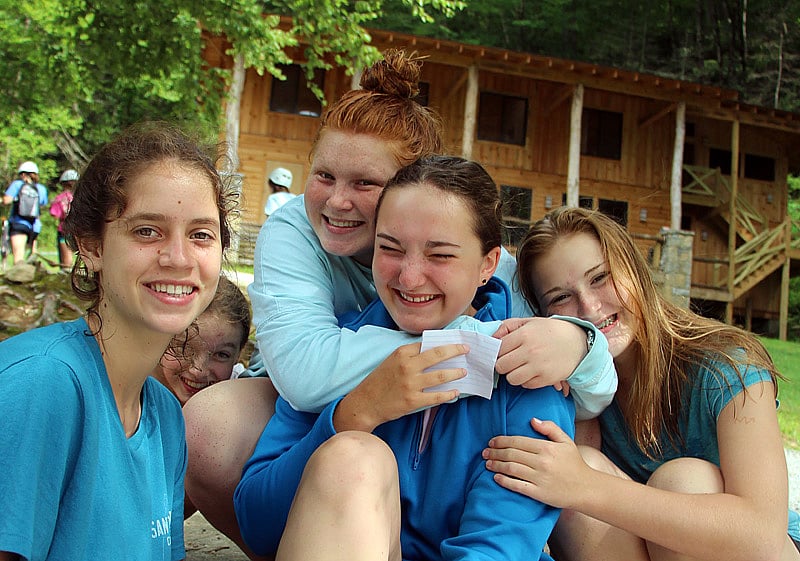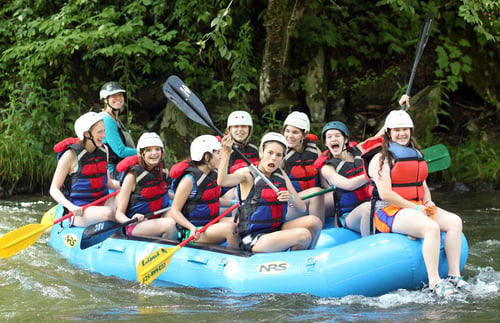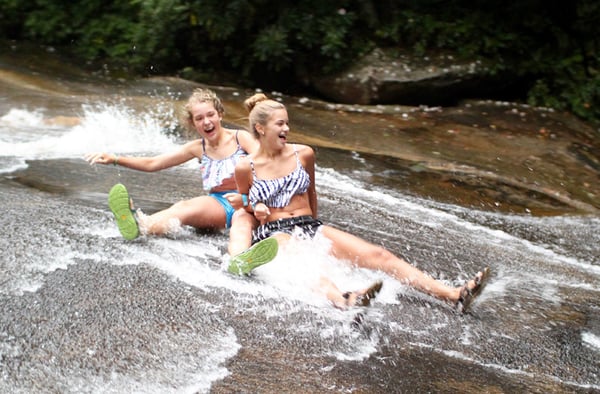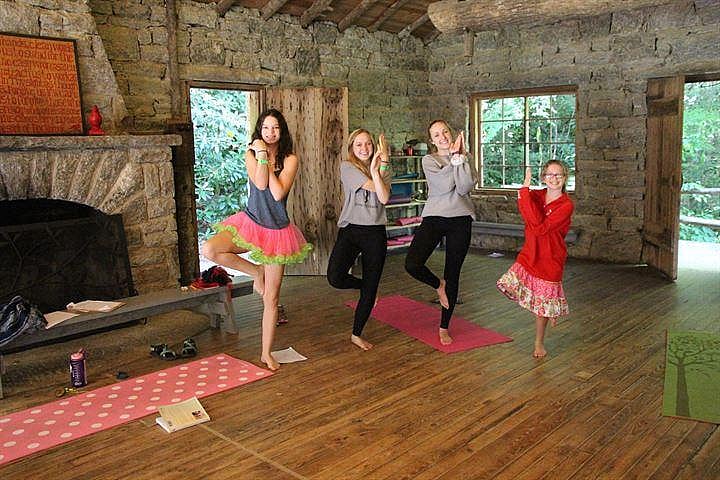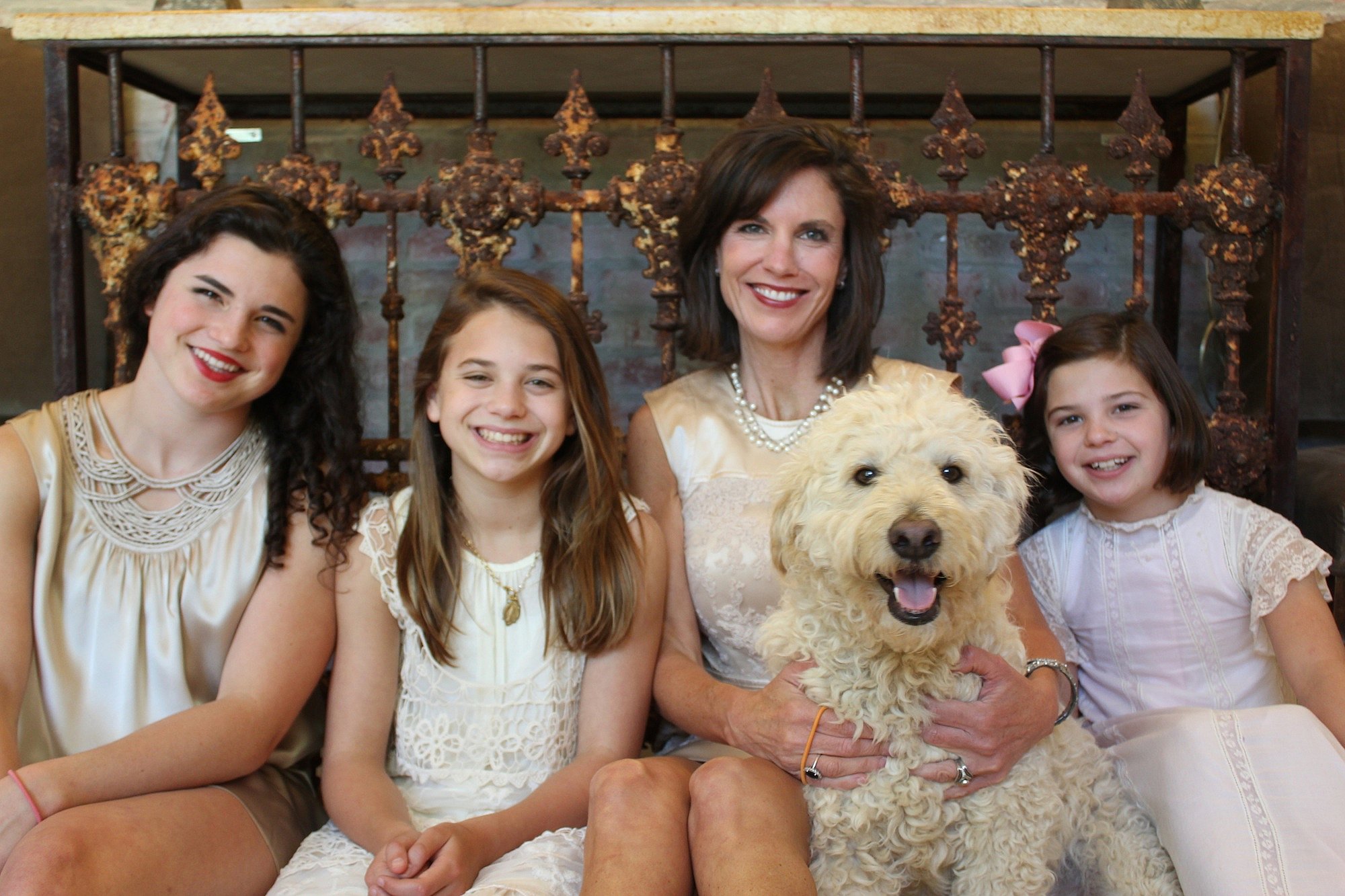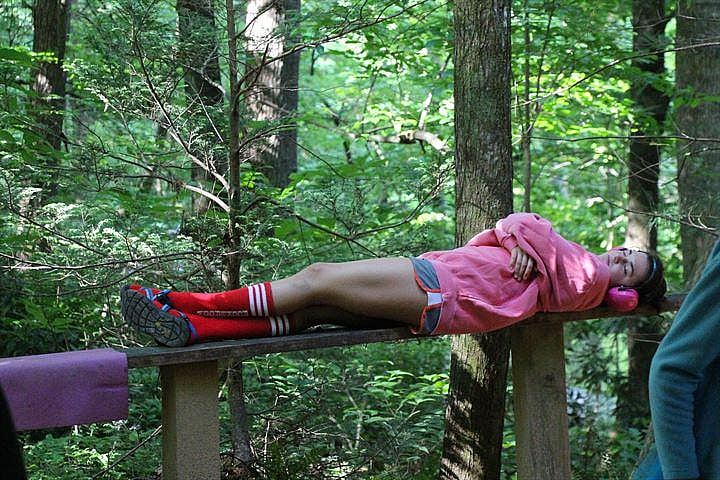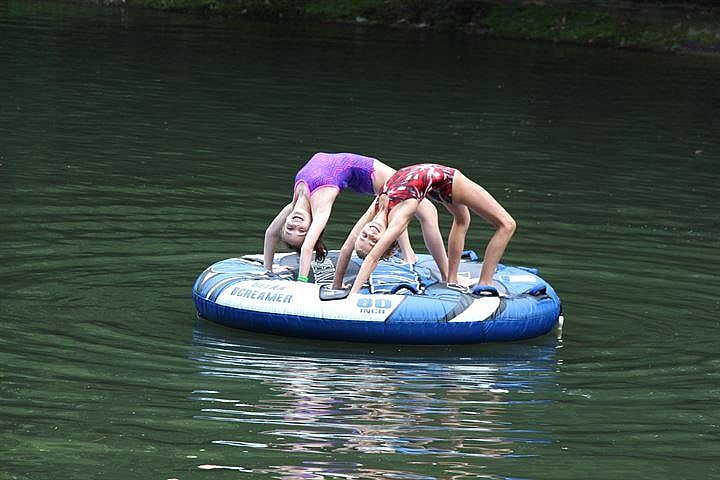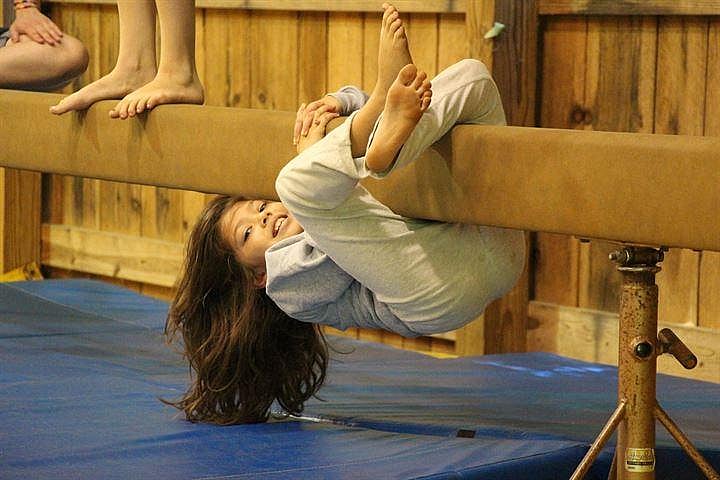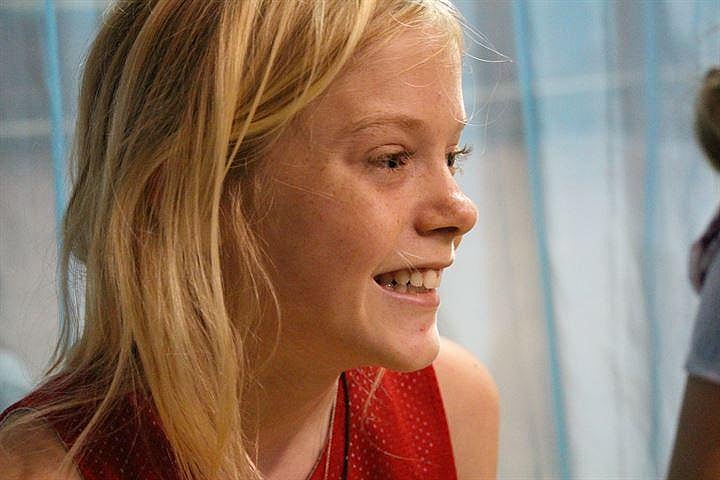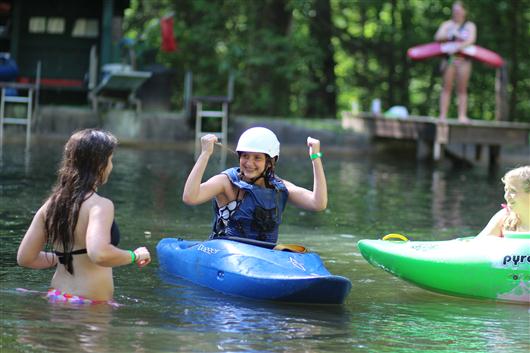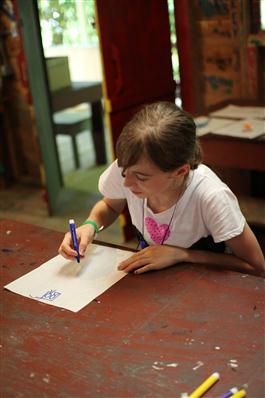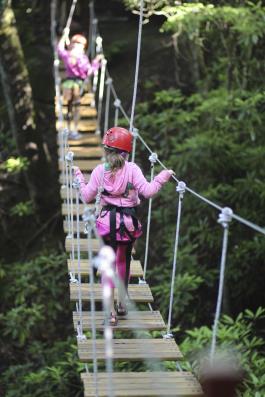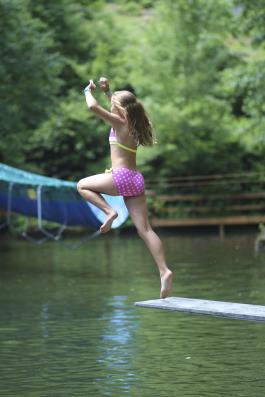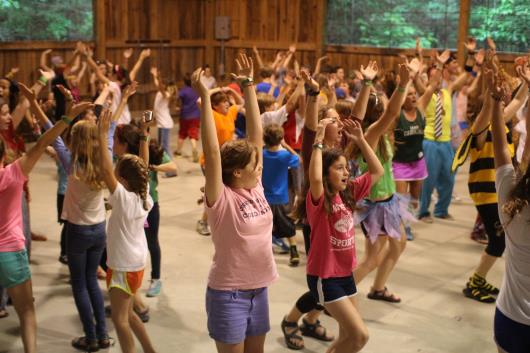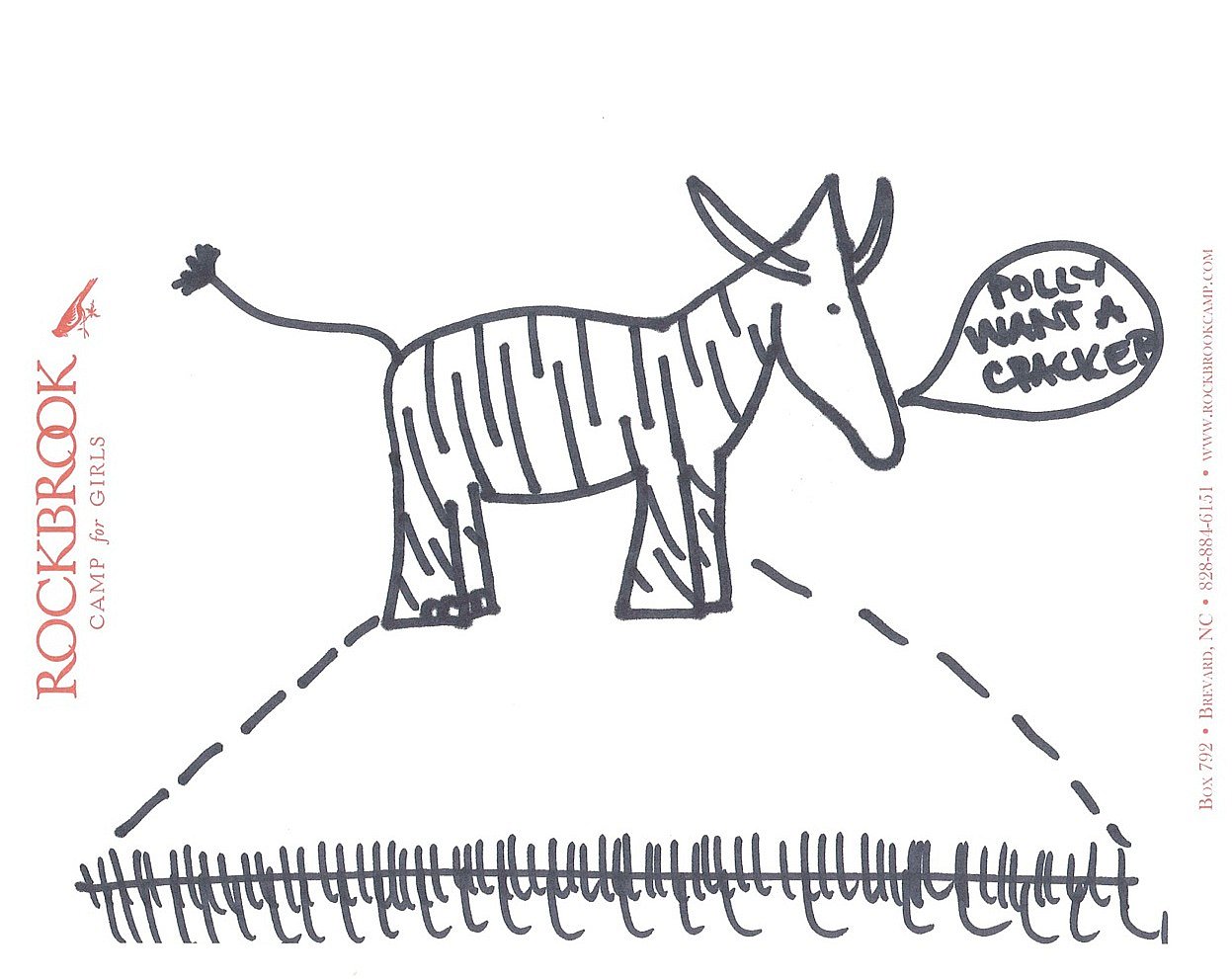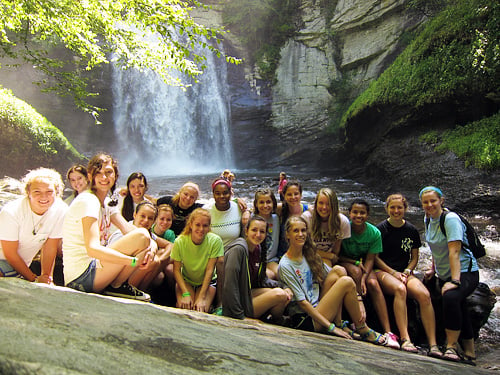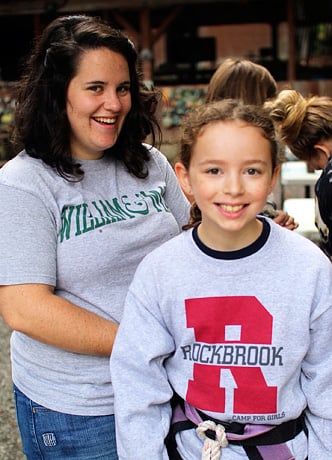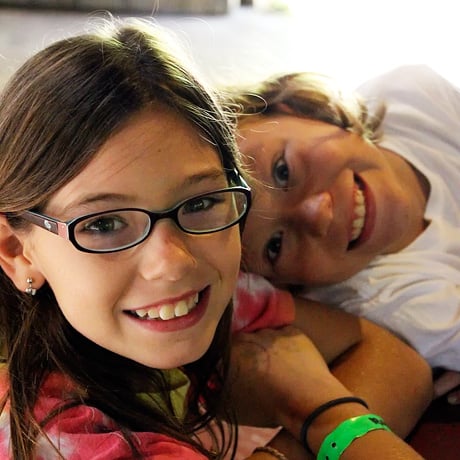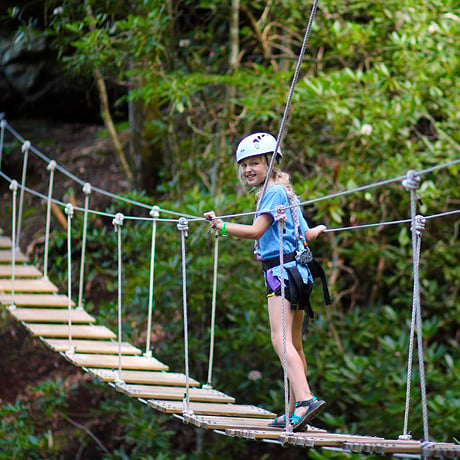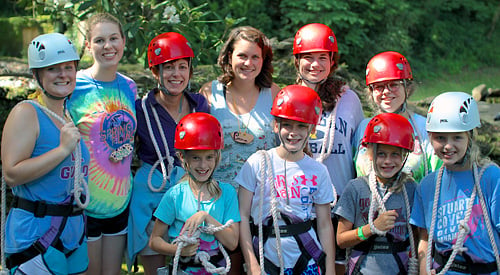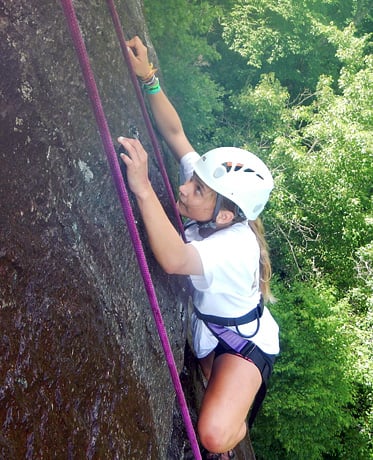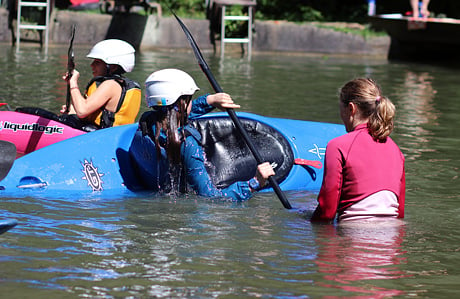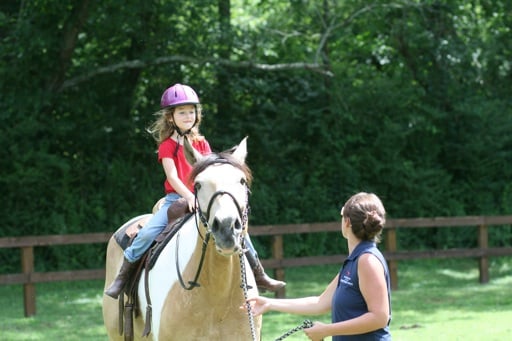Do you know how to draw? What about play tennis? Paddle a kayak? Sing? Tell a joke? Act in a skit? Cook a meal? Do you have the personality, the talent, the physical or intellectual abilities to handle the challenges of these activities? Speaking about yourself, you probably have quick answers to questions like these. You might think, “I’m terrible at drawing, but I know how to play tennis,” for example. Over years of experience, now as an adult you probably think you have a good sense of your inherent traits, your likes and dislikes, your abilities, where you feel “smart” and where you don’t. You’re an old dog who’s learned your tricks… Thank you very much.
But what about your kids? Have they figured all of this out? Gosh, I hope not! We don’t want our children to decide who they are too soon, or conclude, based on their limited experience, that they are not creative, athletic, funny or smart in some way. That would be antithetical to every educational principle we hold. Believing that children are born with an immutable set of traits, a static personality, or inherently finite abilities, is preposterous. After all, we want just the opposite for our kids; we want them to learn, develop and grow. For this reason, as parents, we do our best to provide all sorts of experiences that might inspire them, and guide them as they grow physically, emotionally and intellectually. We hope that through these experiences our children will gain skills, become more capable, and be happy and successful when they grow up.
Of course, sending them to camp is a great example of this. The experiences they have here, away from the habits of home and school, are ripe for self-development. Everyday at camp there are physical challenges to meet —paddling boats, pulling back bowstrings, and swimming in the “freezing” cold lake, for example. There are opportunities to grow emotionally, like handling frustration or a twinge of homesickness that might creep in during rest hour. There are daily moments to be creative, to play with options, to dabble and engage new activities and experiences. One moment the girls might get a good closeup look at a spider in the shower, and the next, sample Rick’s tabouli (made with quinoa) along with their turkey sandwich. We want the girls at camp to embrace these challenges and to see them, even if they seem scary or “too hard” at first, as normal, even good. We hope the girls will realize it’s OK to struggle with these new experiences— perhaps to find painting a still life difficult, to completely miss the target in riflery, to feel nervous performing, or to decide that tabouli is weird.
This is an important attitude, and it’s one we emphasize here at Rockbrook. It’s what Stanford psychologist Carol Dweck calls a “growth mindset.” It’s “the belief that your basic qualities are things you can cultivate through your efforts. Although people may differ in every which way — in their initial talents and aptitudes, interests, or temperaments — everyone can change and grow through application and experience.”
This is a joyful attitude that celebrates new experiences, embraces differences and challenges. It assumes neither the world nor ourselves are fixed, and that we can always learn and grow. When faced with struggle or criticism, a growth mindset holds onto a notion of improvement and future understanding. A growth mindset keeps “not yet” in mind.
So at camp, “I’m a little scared to go on the zipline” means “I haven’t yet had the courage for the zipline.” “I didn’t hit the target in archery” means “I haven’t yet hit the target.” “My drawing isn’t very good” means “I haven’t yet learned to draw better.” None of this means, as a “fixed mindset” assumes, “ziplines aren’t for me,” or “I’m no good at archery”, or “I have no artistic talent.”
With somewhat silly abandon, with “just for the fun of it” energizing everything, camp inspires this approach to life. The Rockbrook community is so encouraging, the friends around us so accepting, the girls here are often eager to try again when they feel there’s more to achieve, like mastering a more complex weaving pattern, clearing a higher jump at riding, or sampling a new kind of tabouli, for example. With this attitude, there’s always more out there and more within each of us.
Living in this community we all realize we are cultivating who we are, not discovering something that’s already set in stone. We are learning that we can always learn more and be more. For our children, and I’d say for us parents too, that’s a really valuable approach to adopt. And through their time at Rockbrook, they’re getting a great head start.
